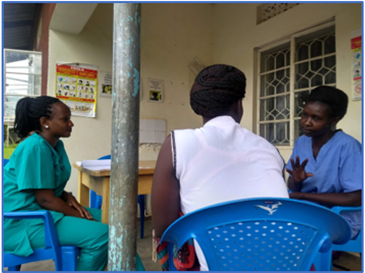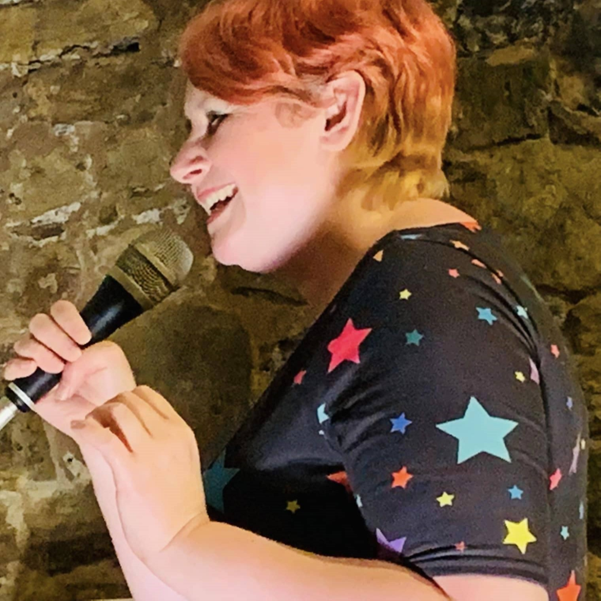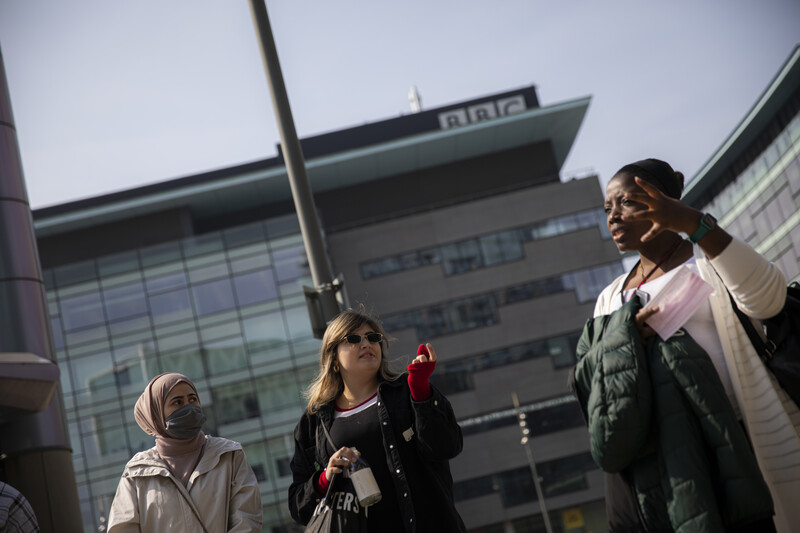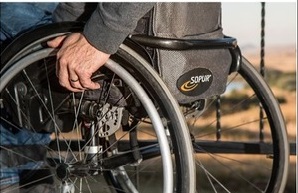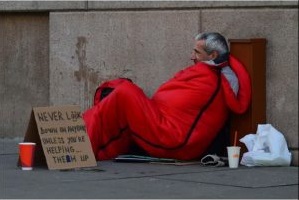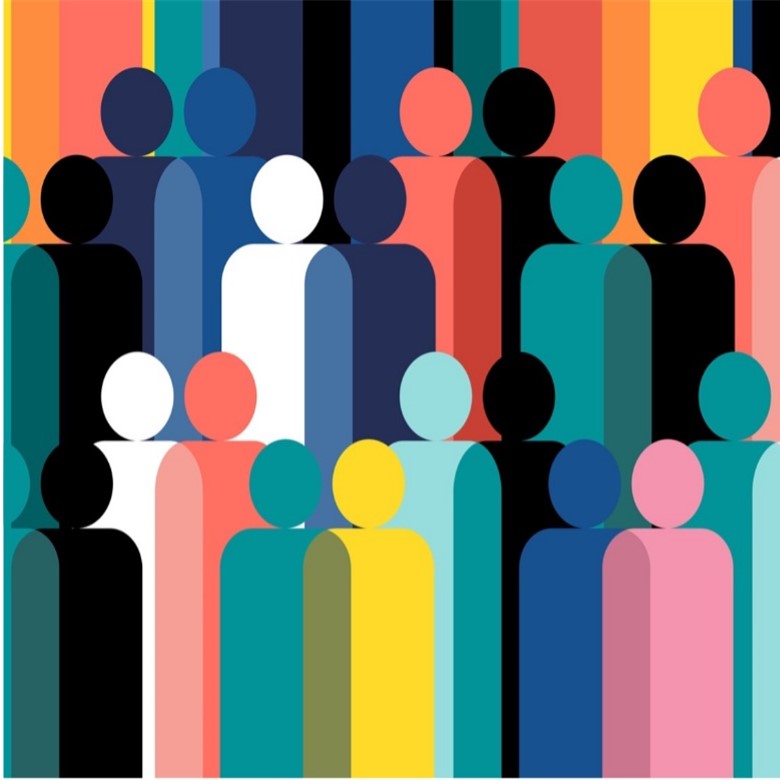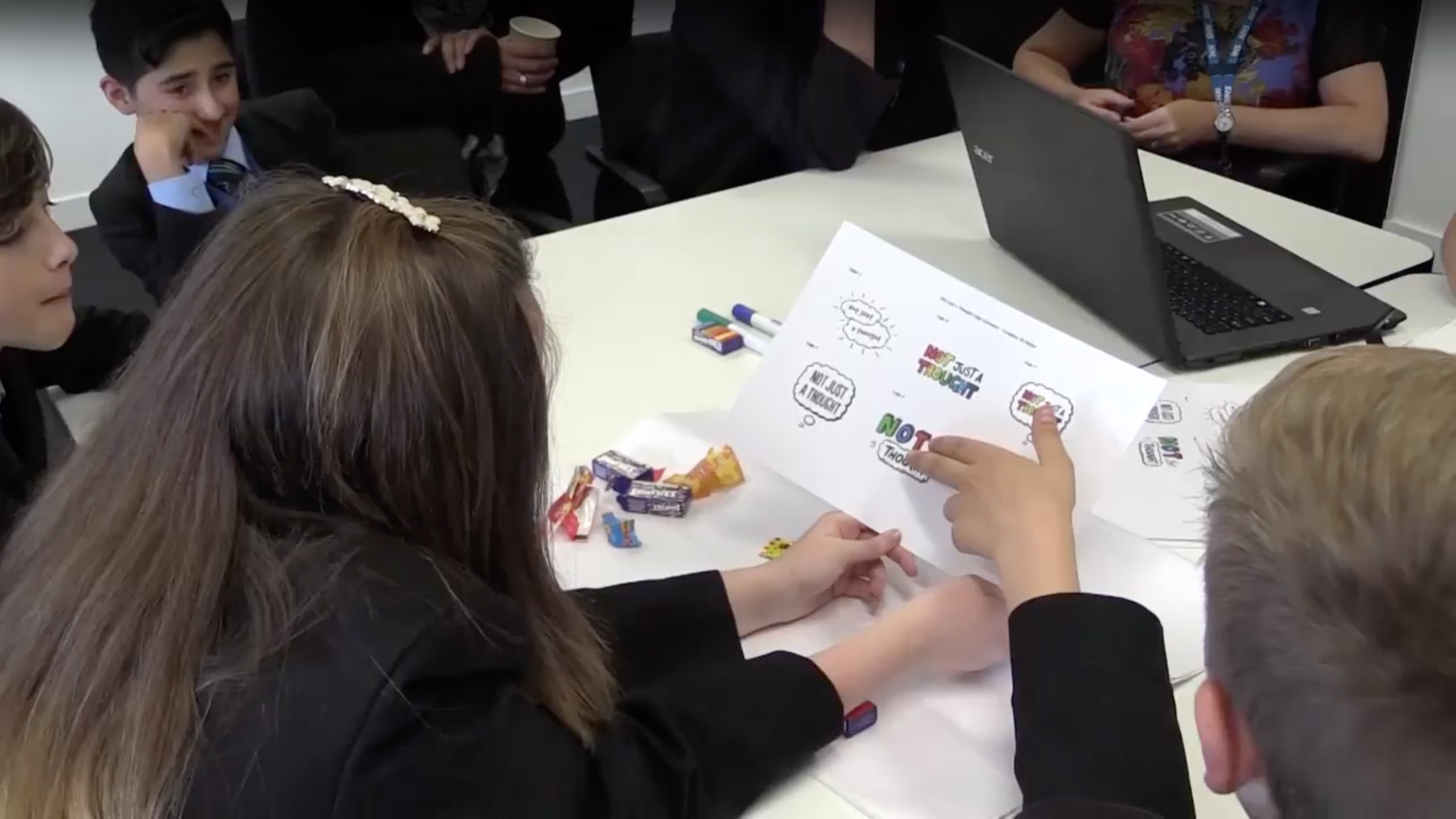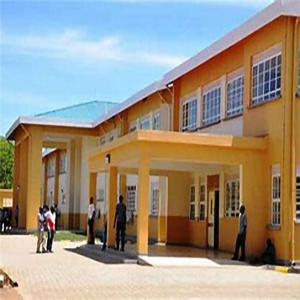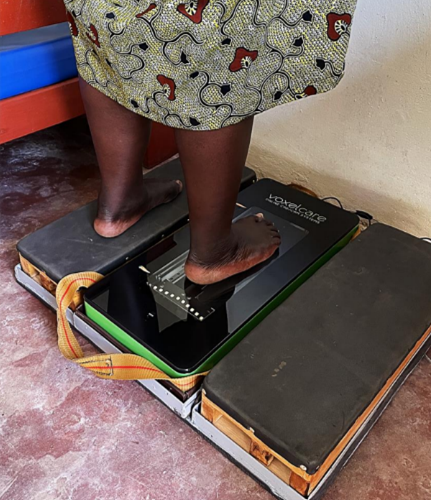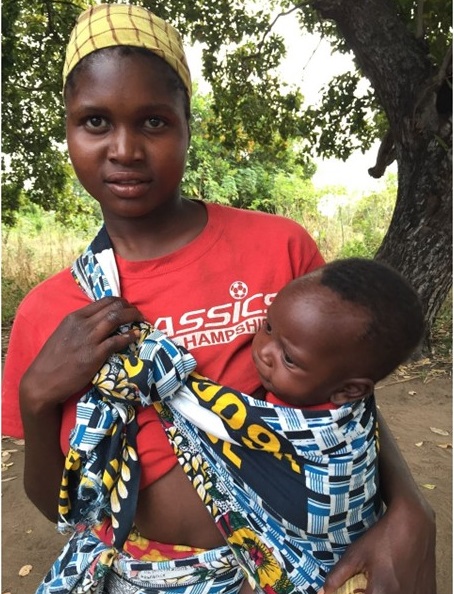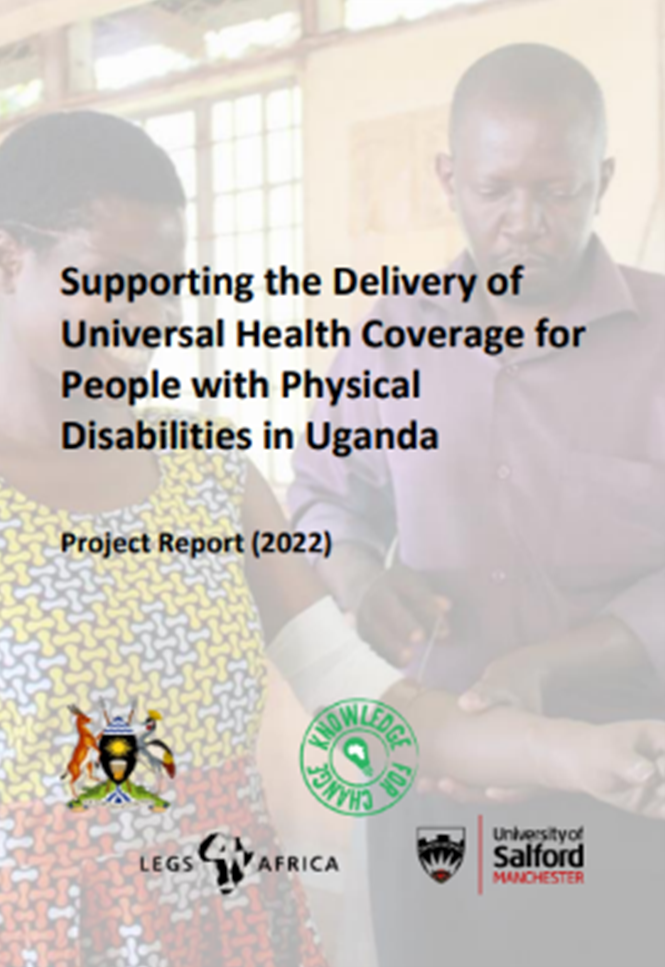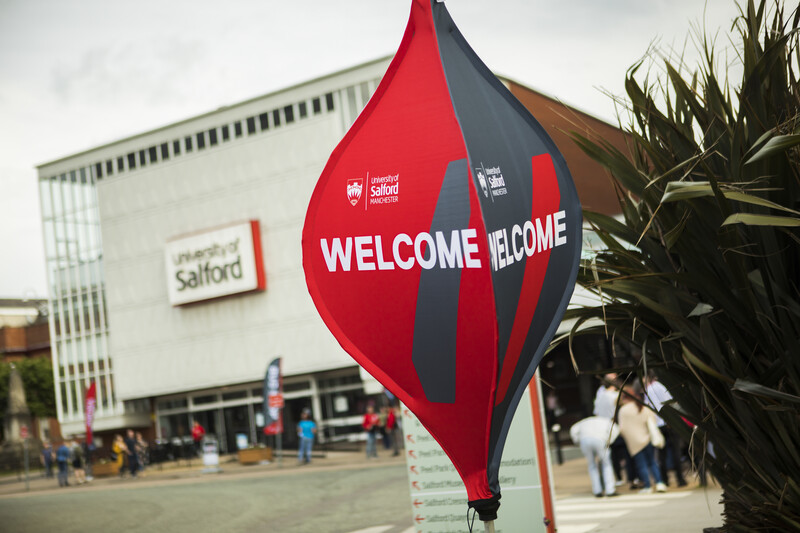Equity, Inequalities and Inclusivity
This research theme examines the multifaceted dimensions of equity, inequality, inclusivity, and belonging within the framework of contemporary societal structures and institutional paradigms. Spanning two research centres (The Centre for Applied Health Research and the Centre for Research on Inclusive Society), this theme brings together an interdisciplinary team of researchers from sociology, social policy, social work, criminology, nursing and public health.
The research covers two interrelated areas. One strand focusses on understanding experiences of inclusivity, equity, and belonging across society and its institutions, with a view to shaping cultures, policy, and practice. This research is animated by questions of how difference, belonging, and identity are negotiated and the challenges this presents. Specifically, our research focus includes Islamophobia, race and racism, decolonisation, citizenship, gender, marginalisation, exclusion and intersectionality. Another strand focusses upon health inequities and health inclusion. This is concerned with contemporary aspects of health and well-being such as improving care and outcomes for excluded and underserved groups such as Gypsy, Roma, Travellers, migrants and those experiencing the most extreme forms of social exclusion such as people who are homeless, people who are in or have been in prison, people who use drugs and sex workers. This theme also includes international work in low and middle incomes countries exploring issues such maternal health and disability and child protection.
Leads
Theme Leadership Team
Matt Wallace, Lorraine Henshaw, Donna Peach, Donna Pearce, Joy Probyn, Fahid Quarashi
